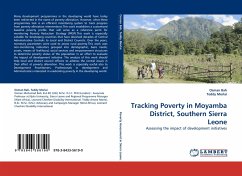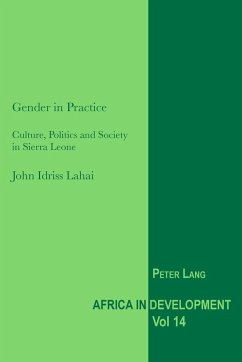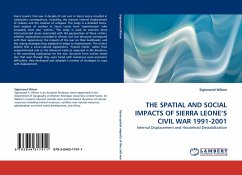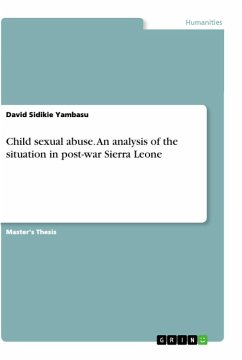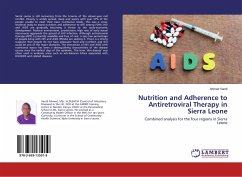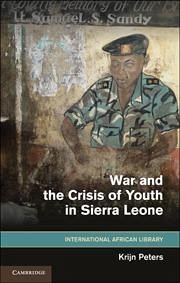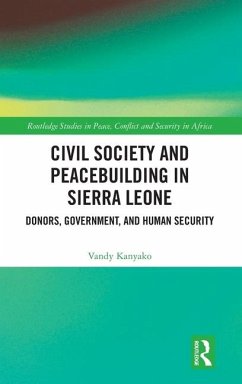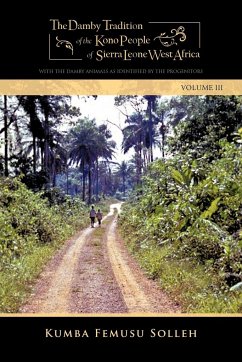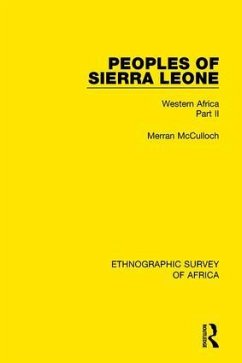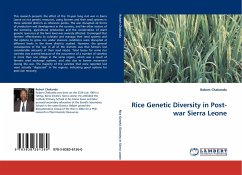
Rice Genetic Diversity in Post-war Sierra Leone
Versandkostenfrei!
Versandfertig in 6-10 Tagen
39,99 €
inkl. MwSt.

PAYBACK Punkte
20 °P sammeln!
This research presents the effect of the 10-year long civil war in Sierra Leone on rice genetic resources, using farmers and their seed systems in three selected districts as reference points. The war disrupted all forms of production and development in the country, and like other sectors of the economy, agricultural production and the conservation of plant genetic resources at the farm level was severely affected. It emerged that farmers effectiveness to cultivate and manage their seed systems and the options to grow rice under insecure conditions were disrupted at different levels in the thr...
This research presents the effect of the 10-year long civil war in Sierra Leone on rice genetic resources, using farmers and their seed systems in three selected districts as reference points. The war disrupted all forms of production and development in the country, and like other sectors of the economy, agricultural production and the conservation of plant genetic resources at the farm level was severely affected. It emerged that farmers effectiveness to cultivate and manage their seed systems and the options to grow rice under insecure conditions were disrupted at different levels in the three districts studied. However, the general consequence of the war in all of the districts was that farmers lost considerable amounts of their seed stocks. Total losses for some rice varieties was averted because of the occurrence of a number of varieties in more than one village in the same region, which was a result of farmers seed exchange systems, and also due to farmer movement during the war. The majority of the varieties that were reported lost were actually dispersed in the regions, indicating good options for post-war recovery.





